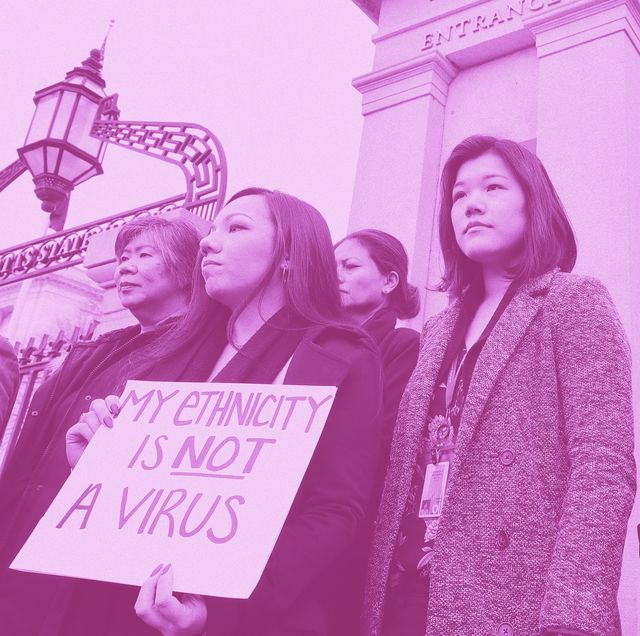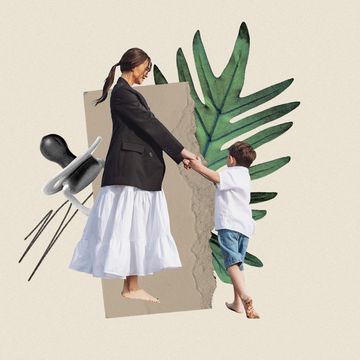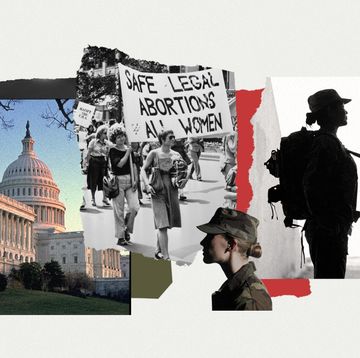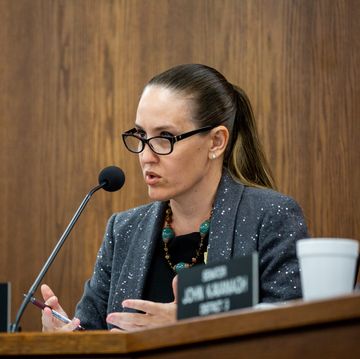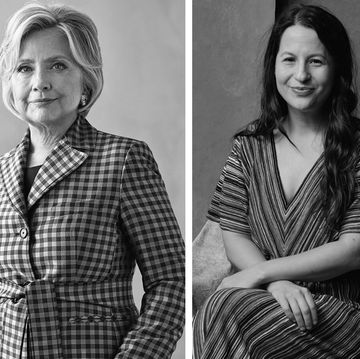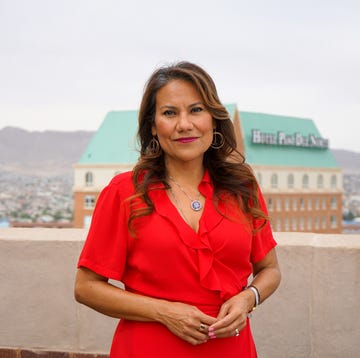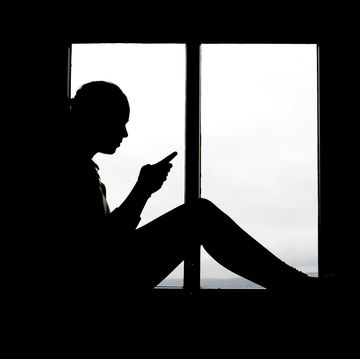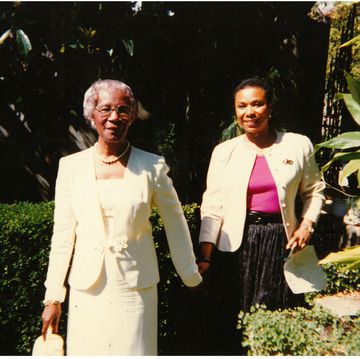Within the last few weeks, several videos have gone viral on social media depicting horrendous attacks against our Asian American community. Our elders have been robbed, mutilated, and violently shoved to the ground. Asian-owned restaurants have had their windows smashed in, feces were smeared on the doors of an Asian-owned preschool, and Asians worldwide are suffering from coronavirus-related xenophobia. In response to grassroots organizing and social media activism, mainstream media has finally begun to cover the recent uptick in anti-Asian violence and harassment. But as many have already pointed out, these incidents are not new.
Stop AAPI Hate first formed in March 2020 to track incidents of violence and discrimination against Asian Americans and Pacific Islanders in response to the COVID-19 pandemic, which former President Trump often referred to as the “Chinese virus” or even “Kung Flu.” The organization received more than 2,800 reports between then and December 2020, with AAPI elders and women among those frequently targeted. As history shows, Asians and Asian Americans have repeatedly been used as scapegoats when diseases emerge and have, in turn, been victimized by xenophobic rhetoric and policies.
To be clear: The anti-Asian racism we’re seeing across the U.S. is nothing novel. But what is momentous is the wave of Asian Americans publicly verbalizing their grief in the wake of these attacks. Often in Asian communities, we’re taught to keep our heads down and stay silent about our struggles. In the Chinese language, 吃苦 (cantonese: sik fu; mandarin: chī kǔ) roughly translates to “eat bitterness” or “swallow suffering.” The term reflects a cultural value and idea that holding in our grief and hardship is fundamental to our collective well-being. Politically, the harmful “model minority” stereotype thrives on this silence and on the myth that Asian Americans don’t experience racism, even as we are aggressively victimized by poverty, unemployment, deportation, and white supremacy. While Asian American activists and organizations like Helen Zia, I Wor Kuen, and AAPI Women Lead have always uplifted the racial violence our communities face, many of us have internalized the lie that we should stay quiet because our experiences with racism aren’t “serious” enough to discuss.
In her book Minor Feelings, Cathy Park Hong situates this silence in the context of our country’s racial politics. She writes: “When I hear the phrase ‘Asians are next in line to be white,’ I replace the world ‘white’ with ‘disappear.’ Asians are next in line to disappear. We are reputed to be so accomplished, and so law-abiding, we will disappear into this country’s amnesiac fog. We will not be the power but become absorbed by power, not share the power of whites but be stooges to a white ideology that exploited our ancestors. This country insists that our racial identity is beside the point, that it has nothing to do with being bullied, or passed over for promotion, or cut off every time we talk.”
But while erasure may have been the norm in the past, what we’re seeing now is the opposite. Asian Americans are openly sharing their reactions to this racialized violence, as well as their own stories of harassment and discrimination. While our ancestors may have had to swallow their suffering for survival, our fierce love for our elders is unlocking an inherited grief and compelling us to speak our truth.
There’s something sacred about Asian Americans making our heartache visible. As we mourn publicly, we delegitimize the current order of things. Simply put, our tears, our poems, and our testimonies communicate that things are not okay and that we have been in pain. When we take up space with our grief, we dispel the “model minority” myth that adamantly claims Asian Americans don’t experience racial trauma. When we tell the truth about racial violence, we challenge the hegemonic numbness and silence. We reveal the fallacy of America’s “post-racial” narrative, and our stories rescue us from disappearing into this country’s amnesiac fog. Our collective narration in this moment is rebellious, brave, and beautiful. It is revolutionary.
And as we verbalize our trauma, we also build a new path forward, one that centers solidarity, accountability, and collective care. While politicians and the media may take this opportunity to pit Black and Asian American communities against each other and call for more policing, Asian Americans are denouncing anti-Blackness and the carceral system as a viable solution. Instead of relying on cash rewards and law enforcement, we are organizing across racial divides to create community-based public safety measures that protect our elders and promote collaboration among communities of color. In our homes, we are making space to listen to and heal with our families, while also correcting them if they take this moment as an excuse to stereotype Black people.
On Feb. 9, 72 community-based Asian American organizations in the Bay Area—where a number of these recent incidents have occurred—signed onto a statement that centers supportive services, intervention- and prevention-based programs, and education and healing in Asian American and Black communities. Rather than calling for more policing, the statement recognizes how law enforcement has “largely been ineffective” and “disproportionately harmful to Black communities and other communities of color.” We are leaning into cross-racial coalitions to address the root problems of violence, while divesting ourselves away from inherently anti-Black institutions like policing.
As we show up to honor our elders and make our grief visible, we refuse the notion that things can go on as they are. We expose and reject the ways white supremacy attempts to divide and conquer us. We imagine and manifest restorative solutions for accountability and justice. We co-create new realities for ourselves and our communities that center abundance, support, and transformation. Together, we write a new story.
